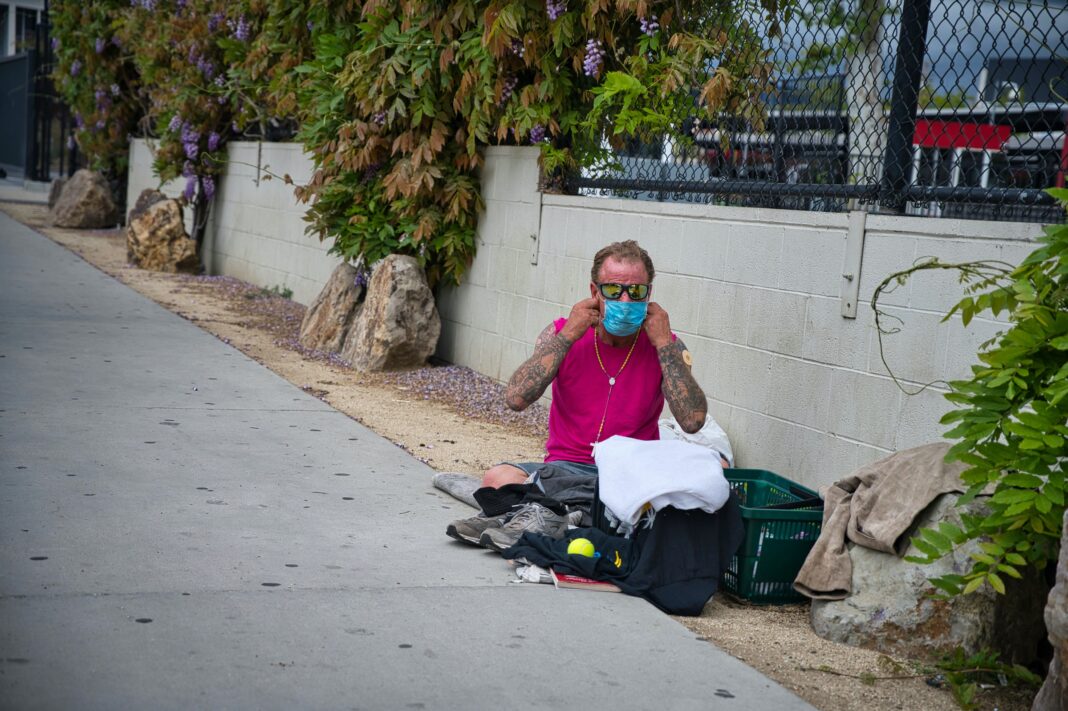CALIFORNIAー Federal Judge agreed to house at least 7,000 homeless individuals who many are facing danger living near busy highways. Los Angeles county officials discussed plans for emergency housing this Thursday, June 18.
Federal Judge David O. Carter issued a preliminary injunction on May 15. Carter also assigned a mediator last month to oversee the efforts in resolving financial issues that delayed a lawsuit by the LA Alliance for Human Rights, accusing the city and county governments of not addressing the homeless enough during the pandemic.
According to an agreement stated jointly by Supervisor Mark Ridley-Thomas and City Council President Nury Martinez, Los Angeles will arrange at least 6,000 beds following the next 10 months, plus an additional 700 beds within 18 months. $300 million will be funded for five years to helpful services by the county.
Following the agreement the Judge Carter ordered the injunction that calls for the relocation of homeless individuals who live by freeways, (approximately within 500 feet of them) by Sept. 1.
“The court has challenged us to do better, to do more and to do it quickly, and we need to meet that challenge. We are now positioned to dive into difficult but honest conversations with our county partners about future financial resources and obligations,” Martinez said in a statement.
The lawsuit that was given to the city offers multiple options that would help shelter the homeless such as: shared housing, tiny housing, hotels, printed 3-D homes, as well as setting up more shelters in city owned properties.
According to a count in January by the Los Angeles Homeless Services Authority, over 66,400 homeless people struggle to live in Los Angeles. Judge Carter says the homeless are at high risk, not just to COVID-19 but, pollution such as lead that can shorten life. Those living near freeways have an even greater risk by getting struck by a car or possibly injured during a natural disaster.
Carter is planning on considering a larger lawsuit aiming to house the rest of the homeless population.
“This is a significant step forward. But it’s not clear what it’s going to look like, where all these beds are going to end up,” said Daniel Conway, policy adviser for the alliance. “They’re going to have to get creative.”






